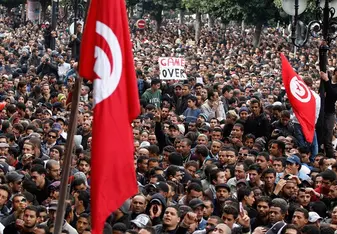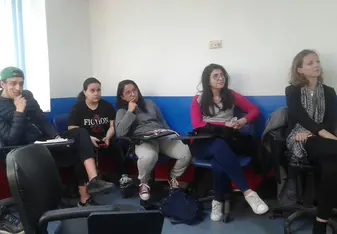IFR: Tunisia - Zita Field School
Location
- Tunisia
Term
Summer
Jul 19, 2019
Feb 10, 2015
0 travelers are looking at this program
About Program
The site of Zita is an urban mound located in southern Tunisia and situated along an ancient trade route from Carthage to Tripoli. Identified by a Latin inscription as the Roman city of “Zita” (“Olive City” in Punic) it also contains a Carthaginian child sacrifice precinct (tophet). Our goals for summer 2015 are to continue mapping the ancient city and its coastal and agricultural hinterlands, to continue targeted excavation of key points that inform us on the cultural trajectories of the site, and to document the socioeconomic, political, religious, and ecological realities of the local populations from prehistory to the post-Arab Spring using archaeological and ethnographic methods. For more information, see the program website.








Response from Institute for Field Research
We are delighted that you enjoyed your time on the Tunisia - Zita Project, Hannah. Thank you for the great feedback.
-- The IFR Team